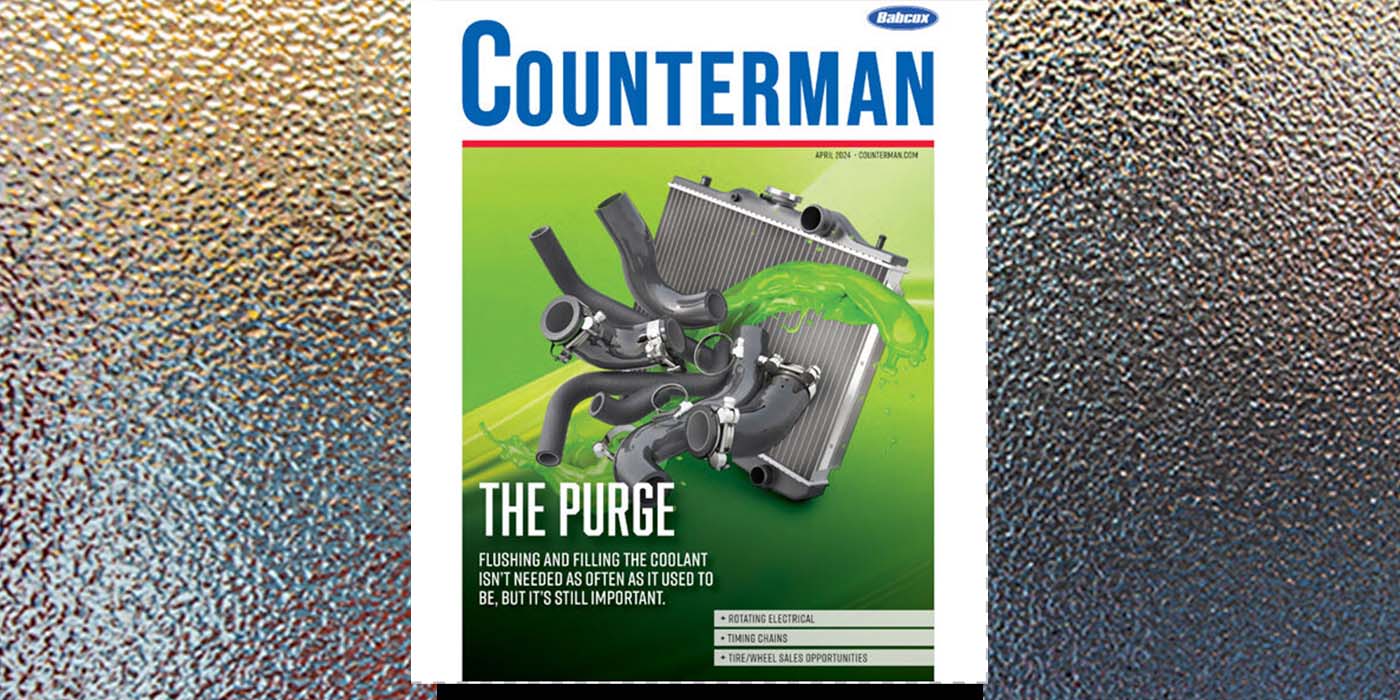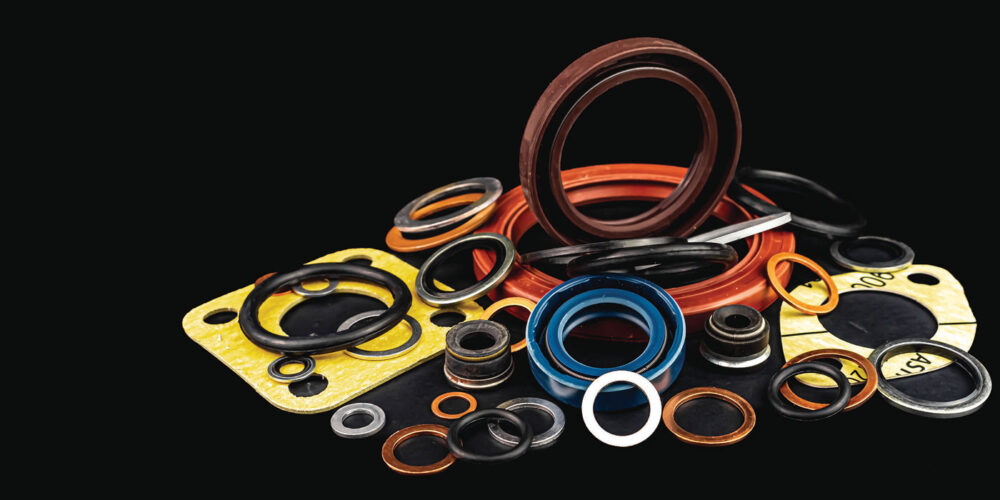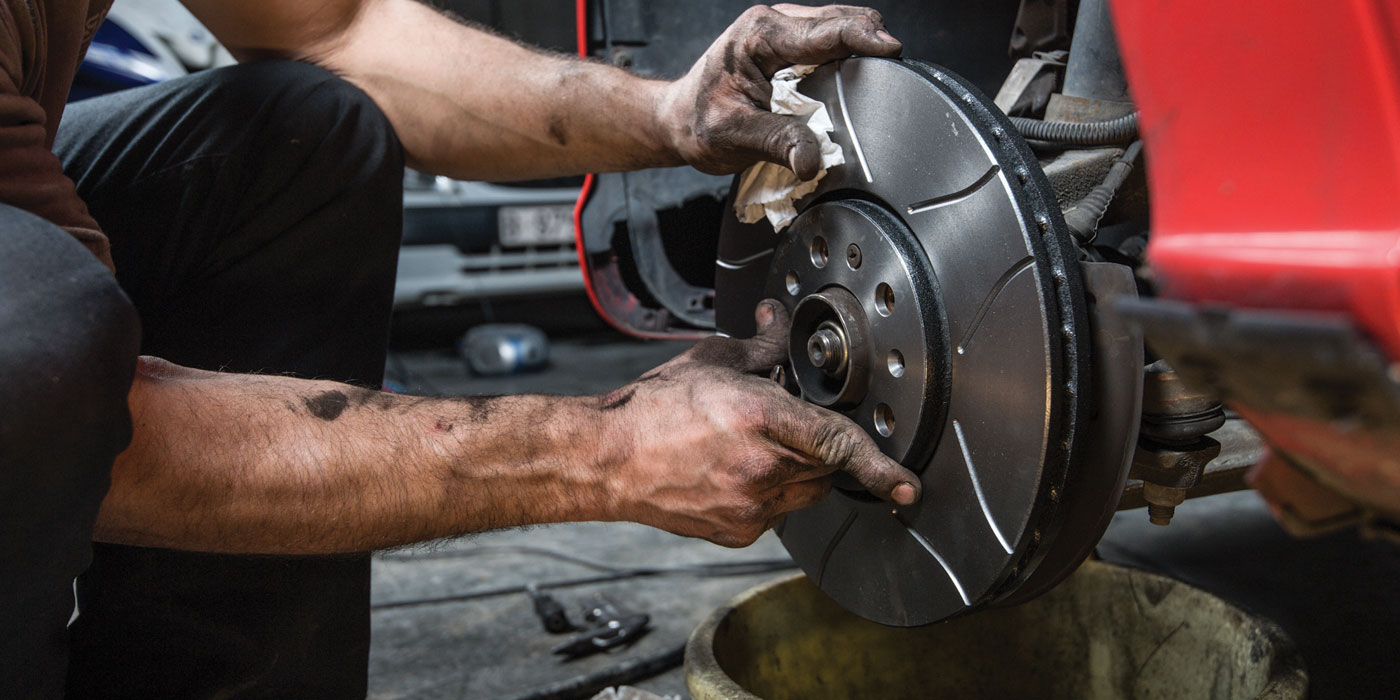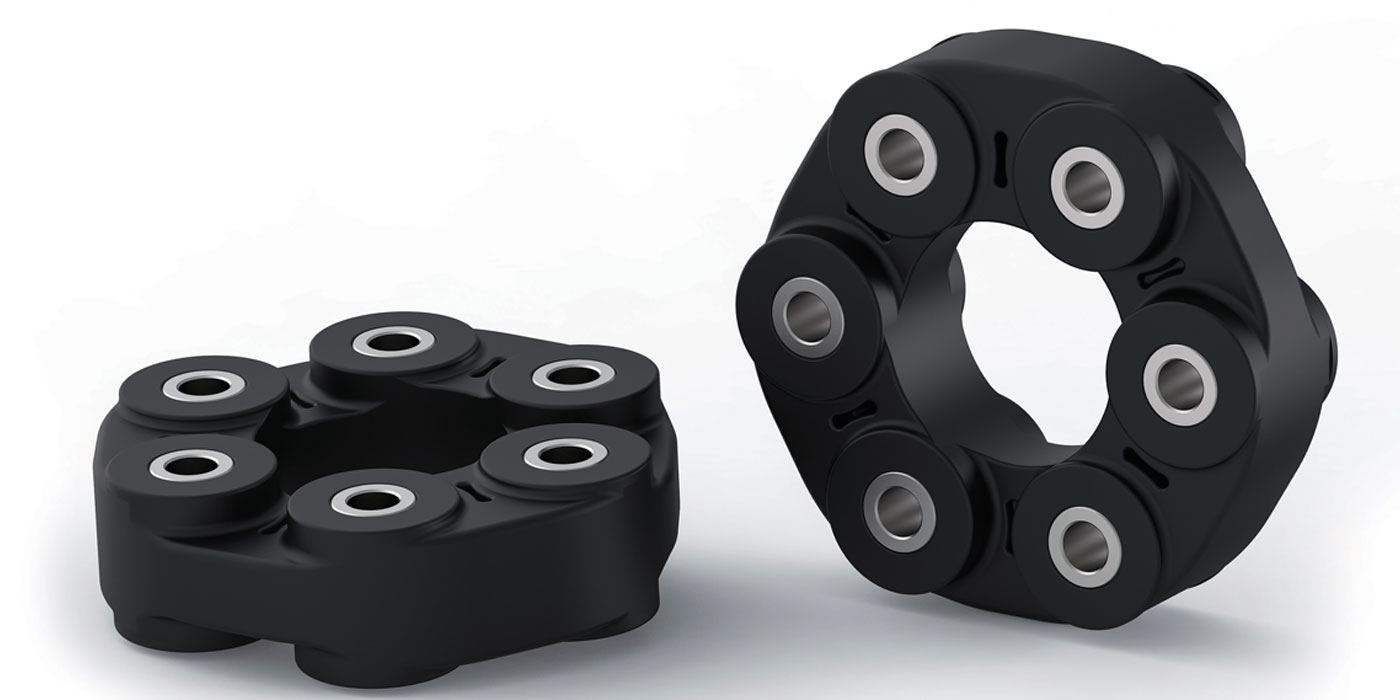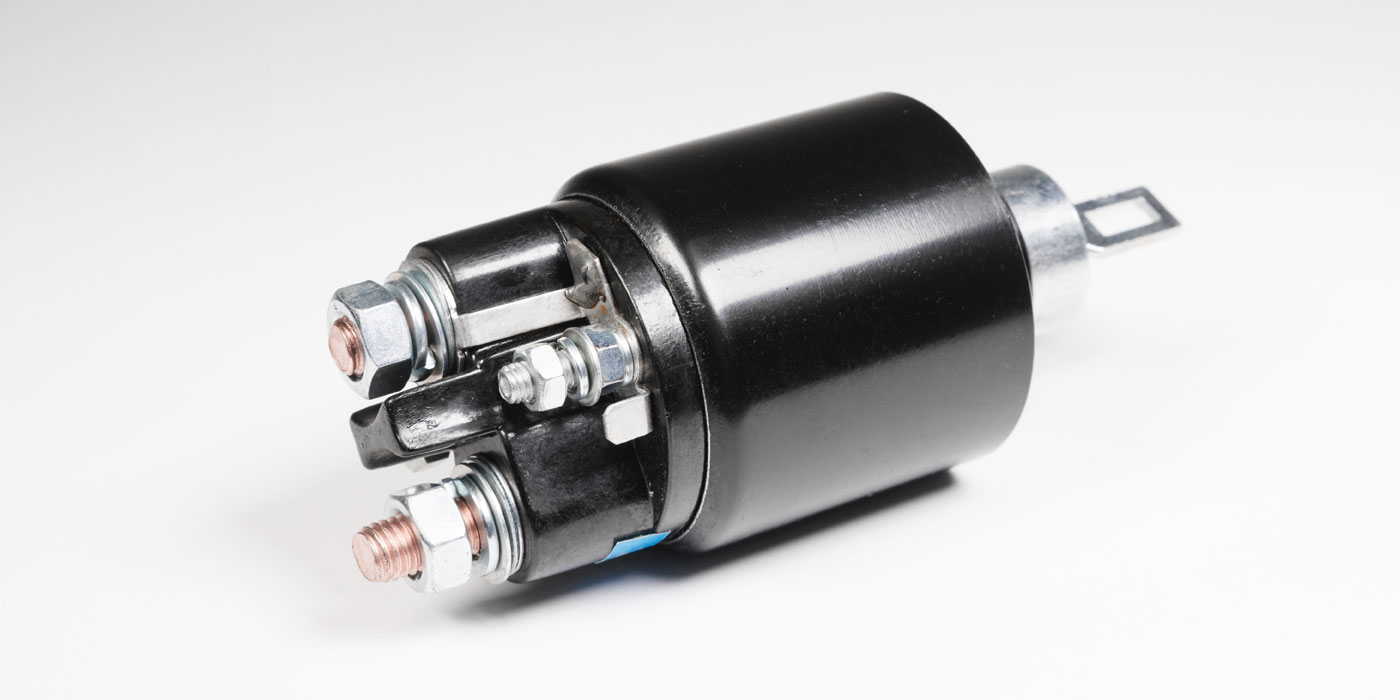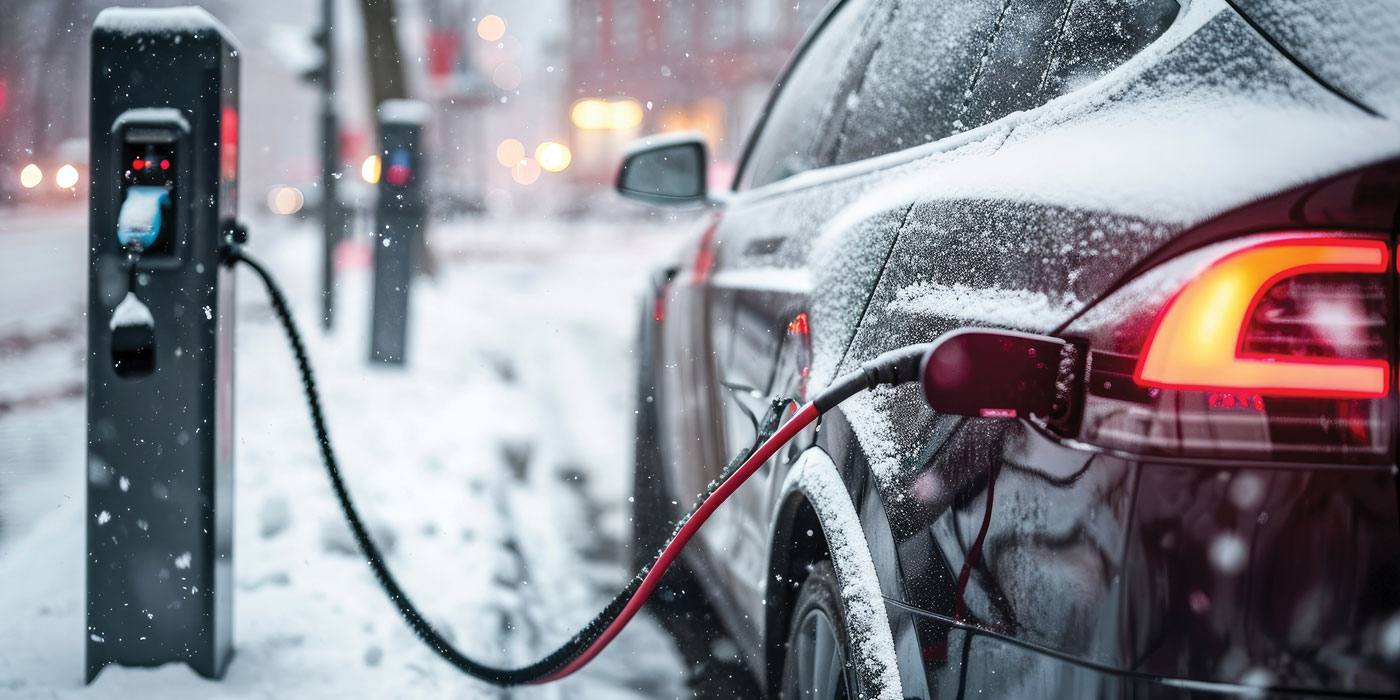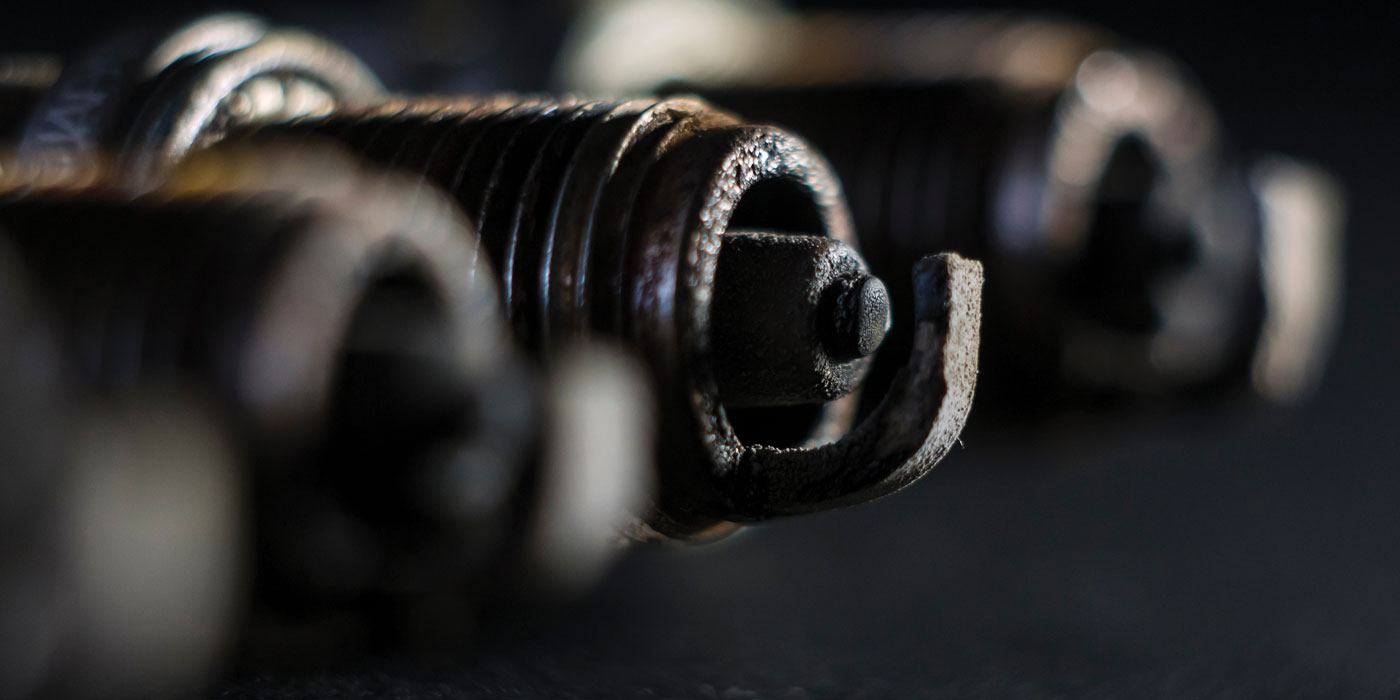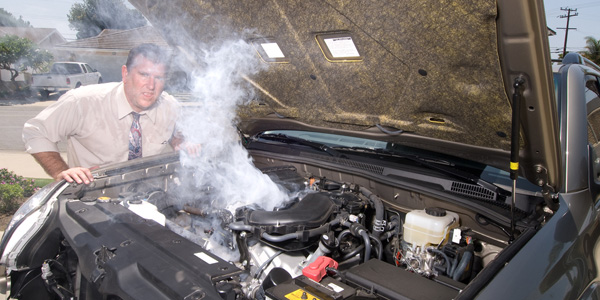
AAA says that overheated engines are a leading cause of roadside breakdowns and emergency service calls. Any engine that is leaking coolant is an engine that will overheat. It’s only a matter of time until the temperature gauge starts to climb or the temperature warning light comes on and steam starts to billow out from under the hood.
A hot engine is bad news because it can cause serious engine damage, things like scuffed pistons, galled valve stems, warped cylinder heads and crushed head gaskets. An ounce of prevention is worth a pound of cure, so the smart thing to do is stop a coolant leak at the first sign of leakage before it causes trouble.
Coolant leaks can occur almost anywhere, including radiator and heater hoses, water pumps, radiators, heater cores, expansion plugs, cylinder heads, engine blocks, or the intake manifold or head gaskets. Selling your customer the right kind of cooling system sealer can often permanently stop a coolant leak before it can cause further trouble, and save your customer the cost of additional repairs. However, not all leaks can be so easily fixed with sealer.
Hose leaks can be difficult to stop with sealer because hoses are rubber and flexible. The best fix for a hose leak is to replace the hose. Replacing the other hoses at the same time also is a good idea because they all have the same age and mileage. New clamps also are recommended when hoses are replaced.
A leaky water pump also can be tricky to seal because the impeller shaft rotates against a bearing seal. Sealing a moving surface is nearly impossible, but if the leak is at a gasket on the pump or between the pump and engine block, a sealer will usually stop the leak.
Aluminum cylinder heads and engine blocks may have hairline cracks that are nearly invisible and/or tiny porosity leaks that can weep coolant into the combustion chamber or cylinder. Coolant leaks of this type can damage pistons, rings and engine bearings – and foul oxygen sensors and catalytic converters if the coolant contains silicate corrosion inhibiting additives. Adding a bottle of cooling system sealer can stop such leaks dead in their tracks, and prevent further leaks from developing over time.
Radiator and heater core leaks also are common, and sealers do a great job here, too. Radiators are expensive to replace or rebuild, and heat cores are very labor intensive (8 to 12 hours in many cases) to replace. A bottle of sealer can save your customer an expensive repair bill by extending the service life of these components.
Intake manifold and head gasket leaks also are common in many high mileage engines. V6 and V8 intake manifold gaskets can deteriorate over time, allowing coolant to leak into the cam valley and crankcase. This will contaminate and dilute the oil, and cause the engine to overheat. Replacing intake manifold gaskets and head gaskets also involves a lot of labor, and can often cost up to $1,000 or more depending on the application. A bottle of specially formulated sealer that will stop the leak is an absolute bargain in comparison.
Some head gasket and block sealers require several steps, including draining and flushing the cooling system, adding the sealer, giving the sealer a certain amount of time to do its job, then draining and refilling the system again with new antifreeze. Others are a simple one-stop solution. Just add the product to the coolant, run the engine or drive the car while the sealer finds and stops the leak.
Any customer who is buying a bottle of sealer has probably lost a lot of coolant from their vehicle’s cooling system, so don’t forget to ask them if they need antifreeze too. Make sure they get a type of antifreeze (specific or universal) that is compatible with the old coolant.


